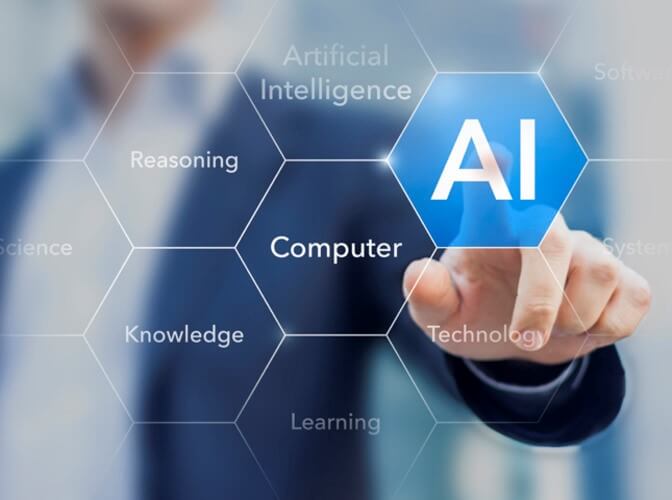The enduring artificial-intelligence rebellion will change almost every line of work, making enormous social and economic openings — and challenges. Some have faith in that intelligent computers will drive individuals out of the job market and generate a new unusable class; others preserve that automation will produce a wide variety of fresh human jobs and better success for all. Everybody accepts that we must take action to avoid the worst-case scenarios.
The automation revolution is emerging from the confluence of two scientific tidal waves. Computer scientists are developing artificial intelligence (AI) algorithms that can learn, analyze massive amounts of data and recognize patterns with superhuman efficiency. At the same time, biologists and social scientists are deciphering human emotions, desires, and intuitions. The merger of InfoTech and biotech is giving rise to algorithms that can successfully analyze us & interact with us, and that may soon overcome human doctors, drivers, soldiers and bankers in such works. These calculations could gradually push many out of the marketplace.
Governments may decide to deliberately pause down the pace of automation, to reduce the resulting shocks & allow time for readjustments. But it will be both impossible and undesirable to avoid automation & job loss entirely. That would mean giving up the immense positive potential of Artificial Intelligence and robotics. If electric vehicles drive more safely & inexpensive than humans, it would be counterproductive to ban them just to protect the employment of taxi & lorry drivers.
1) We associate Artificial Intelligence with Fiction: A Space Odyssey. Even the Jetsons. And those are fiction, as are the robot characters. So it makes Artificial Intelligence sound a little fictional to us.
2) Artificial Intelligence is widely ranged. It varies from the phone’s calculator to self-driving automobiles to something in the future that might change the world dramatically. Artificial Intelligence refers to all of these things that is confusing.
3) We use Artificial Intelligence all the time in our daily lives, but we often don’t realize its Artificial Intelligence John McCarthy, who coined the term “Artificial Intelligence” in 1956, complained that “as soon as it works, no one calls it Artificial Intelligence anymore.” Artificial Intelligence often sounds like a false future prediction more than a reality. Moreover, it makes it seem like a pop concept from the past that never came to give fruitful results.
A robot is a container for Artificial Intelligence, sometimes mimicking the human form, sometimes not—but the Artificial Intelligence itself is the computer inside the robot. Artificial Intelligence is the brain, and the robot is its body—if it even has a body. For example, the software and data behind Siri in iPhone are Artificial Intelligence, the woman’s voice we hear is a personification of that Artificial Intelligence, and there’s no robot involved at all.
Secondly, you’ve probably heard the term “singularity” or “technological singularity.” This time has been used in math to describe an asymptote-like situation where standard rules no longer apply. It’s used in physics to explain a process like an infinitely small, intense black hole or point we were all confused into right before the Big Bang.
 EN
+1 669-231-8743
EN
+1 669-231-8743
